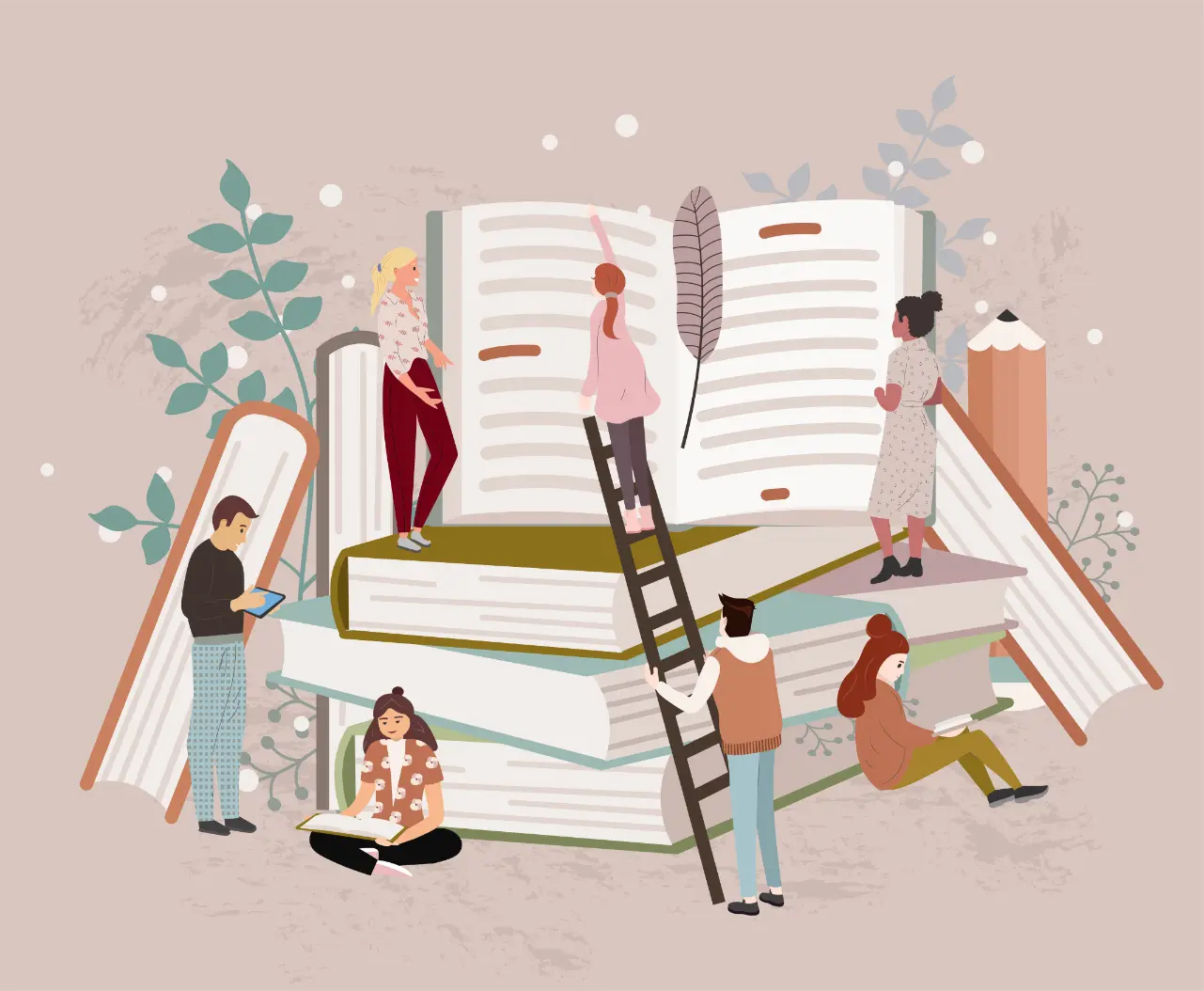Students who are curious about digital publishing, writing and editing
Maximum 7 students per class
Class Introduction
Many high schools and universities publish annual literary magazines, providing students with the opportunity to showcase their writing and artwork to broader audiences through both print and digital platforms. These publications are often student-led, with young people taking charge of the editorial process under the guidance of faculty supervisors. At some schools, students must even interview for leadership roles on the editorial team—making prior experience with literary magazine production a valuable asset.
In this course, students will learn how to create, publish, and lead an online literary magazine from start to finish. This includes developing a brand identity and name, advertising a call for submissions, managing incoming submissions, and selecting pieces for publication. Students will also practice proofreading and copy-editing, as well as designing, building, and launching a digital magazine using free website platforms.
Class Outcomes
By the end of the course, students will have developed a range of valuable skills, including:
- Editorial and curation skills – understanding how to select and refine content with audience and purpose in mind
- Literary skills – proofreading peer submissions and editing work to meet publication standards
- Website creation skills – using free website platforms to design and publish a digital magazine, with potential integration of social media for promotion
- Design skills – crafting visuals and layouts using Canva to enhance the magazine’s branding and readability
- Effective communication – practicing clear and professional communication in both written and oral forms
- Leadership – taking initiative and managing parts of the editorial and publishing process
- Teamwork – collaborating with peers to complete tasks and reach shared goals
- Time management – balancing multiple responsibilities and meeting project deadlines
All work submitted by Aralia students to the editorial team of this class will also be entered into The Rev Literary and Creative Arts Magazine. While publication is not guaranteed, this presents an excellent opportunity for students to gain further exposure to the world of professional writing and publishing.
Teacher Background
- Has mentored numerous students in writing, helping them get published in literary magazines. These students come from top U.S. boarding schools such as Phillips Academy Andover and Concord Academy.
- Currently serves as a judge for the Scholastic Writing Awards. Past students have won top honors, including National Gold Medals and the American Voices Award.
- Former students have earned top global placements in New York Times competitions, including the Editorial Writing Contest and the Summer Reading Contest.
- Past students have also made the Shortlist and received Merit Awards in the junior division of the John Locke Institute Essay Competition.
Feedback
Students and their parents will receive brief feedback after each class, regarding the student’s general participation in class. Students will also receive feedback on homework assignments via email.
Class Schedule
10 classes, 2 hours each, 20 hours of class in total.










